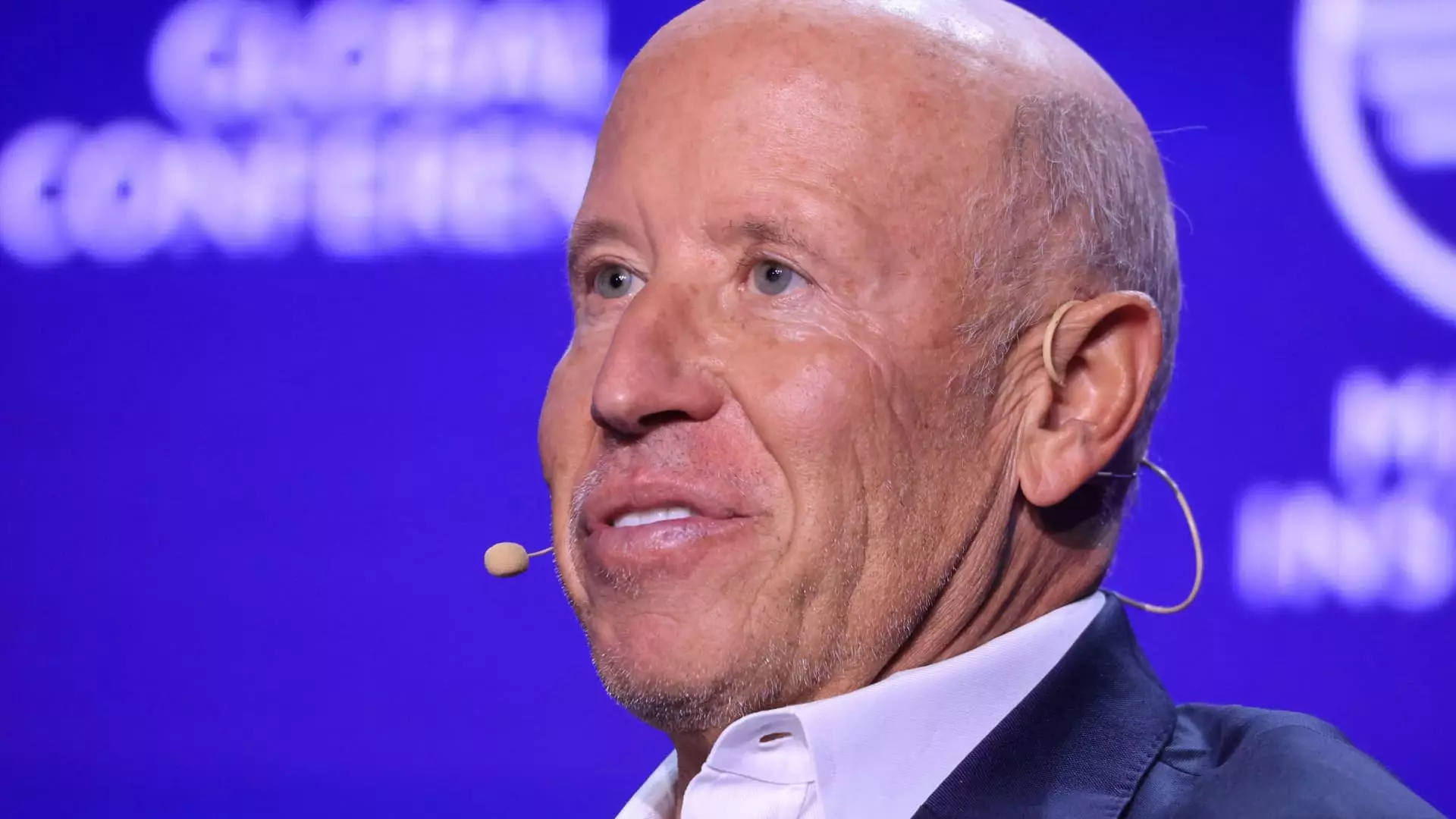Barry Sternlicht, the chairman and CEO of Starwood Capital Group, recently found himself in the middle of a storm of criticism after deciding to cap the amount of money investors could withdraw from his real estate fund. Amidst mounting losses and a surge in redemption requests, Sternlicht defended his controversial decision on CNBC’s “Squawk Box,” citing the hysteria in the media as a driving force behind the move.
Sternlicht explained that the decision to limit withdrawals was made to benefit the 80% of investors who had never redeemed their shares. By slowing down redemptions, he hoped to protect the interests of those loyal clients who had remained with the fund throughout its turbulent times. While acknowledging the tough nature of the decision, Sternlicht emphasized the need to weather the storm in the short term for long-term stability.
Starwood Real Estate Income Trust, a $10 billion investment vehicle focusing on multifamily, industrial, and office properties, had been struggling in the face of declining values and challenges in refinancing loans due to the Federal Reserve’s aggressive rate hikes. As a result, Sternlicht introduced new restrictions limiting monthly withdrawals to 0.33% of net asset value, a significant decrease from the previous 2% limit. Additionally, the management fee was lowered by 20% to alleviate the burden on investors.
Sternlicht expressed his frustration with the Federal Reserve’s monetary policy, labeling it as “unbelievably ineffective.” However, he remained optimistic about the future, predicting a decrease in interest rates that would benefit the real estate asset class. Despite the current challenges facing the fund, Sternlicht believed that the decision to implement caps on withdrawals was necessary to ensure the long-term stability and success of the investments.
Barry Sternlicht’s controversial decision to limit withdrawals from his real estate fund has sparked a debate among investors and industry experts. While the move may have been seen as drastic and unprecedented, Sternlicht defended it as a necessary step to protect the interests of loyal clients and navigate the challenges posed by the current economic climate. As the future unfolds, only time will tell whether this decision will prove to be a wise move or a misstep in the volatile world of real estate investments.


Leave a Reply